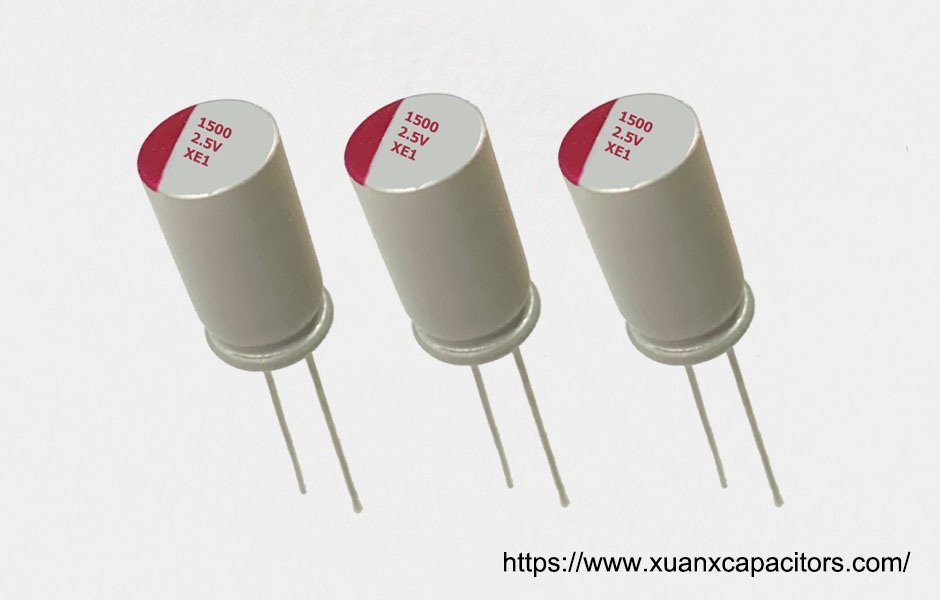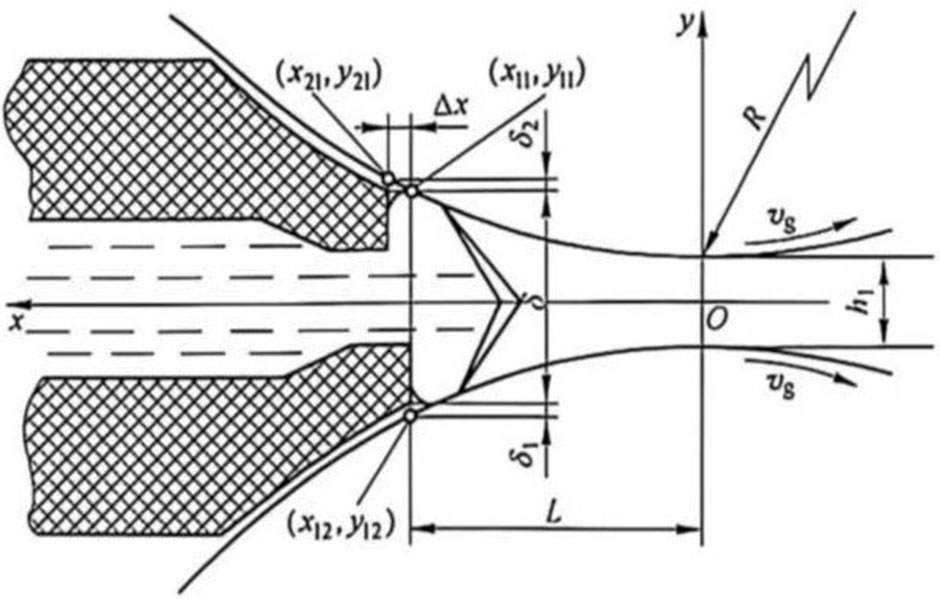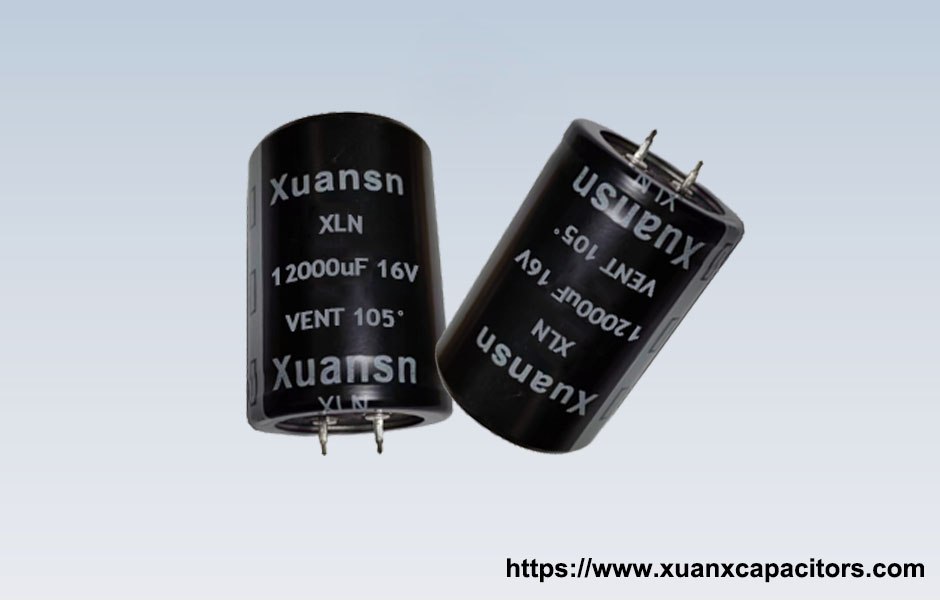Introduction
Car audio systems have become increasingly sophisticated, demanding a substantial amount of power to deliver the best sound quality. However, the electrical system in a vehicle may not always provide an instantaneous and consistent power supply, leading to voltage drops and fluctuations that can negatively impact audio performance. This is where a car audio capacitor comes into play. In this blog post, we will explore the crucial role of a car audio capacitor in the circuit and how it enhances the performance of your car audio system.
Understanding the Electrical System of a Car Audio System
To appreciate the role of a car audio capacitor, it is important to understand the power requirements of car audio systems. Amplifiers and subwoofers are power-hungry components that demand a significant amount of electrical energy to reproduce sound accurately and with impact. However, the electrical system in a vehicle, consisting of the alternator and battery, has limitations in terms of power output. This means that during dynamic musical peaks or heavy bass notes, the electrical system may struggle to supply the required power, resulting in voltage drops and fluctuations.
The Role of a Car Audio Capacitor
A car audio capacitor plays a vital role in addressing the power-related challenges of car audio systems. Let’s delve into its primary functions:
- Power Stabilization
One of the key functions of a car audio capacitor is power stabilization. When the demand for power exceeds what the vehicle’s electrical system can provide, voltage drops occur, leading to distortion and compromised audio quality. However, by acting as a buffer, a capacitor stabilizes the voltage supply to the amplifier. It stores electrical energy and releases it rapidly when required, ensuring a steady and consistent power supply to the amplifier. As a result, voltage drops are minimized, and the amplifier can operate optimally, delivering cleaner and more powerful audio.
- Energy Storage
Another essential role of a car audio capacitor is energy storage. When the car audio system is turned on, the capacitor charges by drawing power from the vehicle’s electrical system. It acts as a temporary battery, storing this electrical energy. During intense musical passages or heavy bass hits, the capacitor discharges its stored energy, providing an additional power surge to the amplifier. This surge helps prevent voltage drops, maintaining a stable voltage supply and ensuring that the amplifier receives the necessary power for peak performance. As a result, the audio system can handle sudden power demands without compromising on audio quality.
- Filter Capacitance
In addition to power stabilization and energy storage, capacitors also contribute to filter capacitance in a car audio system. Electrical noise and interference can degrade sound quality, resulting in a less immersive listening experience. Capacitors act as filter elements, helping to minimize electrical noise and interference, particularly in the power supply lines. They work as low-pass filters, allowing audio signals to pass through while blocking high-frequency interference. By reducing alternator whine, engine noise, and other electrical disturbances, capacitors help deliver a cleaner audio signal, enhancing overall sound quality.
Factors to Consider
While a car audio capacitor offers significant benefits, it’s important to consider certain factors before incorporating one into your system:
- Power Requirements of the Audio System
The need for a capacitor depends on the power requirements of your audio system. Higher-powered systems, such as those with amplifiers that have high RMS wattage or multiple subwoofers, benefit more from capacitors due to increased power demands. It’s crucial to assess your system’s power requirements and choose a capacitor with an appropriate capacity (measured in Farads) to effectively handle the power demands.
- Vehicle’s Electrical System and Amplifier Efficiency
Modern vehicles often come equipped with upgraded electrical systems that have higher power output capabilities. These improved electrical systems can better meet the power demands of car audio systems, reducing the necessity for a capacitor. Additionally, the efficiency of amplifiers plays a role. Efficient amplifiers convert power more effectively, resulting in lower power requirements. In cases where the amplifier is highly efficient and the vehicle’s electrical system is robust, the benefits of a capacitor may be less pronounced or unnecessary.
Conclusion
In conclusion, a car audio capacitor plays a crucial role in the electrical circuit of a car audio system. It provides power stabilization, ensuring a consistent voltage supply to the amplifier and minimizing voltage drops that can cause distortion and compromised audio quality. The capacitor’s energy storage capability enables it to deliver quick bursts of power during intense musical passages, preventing voltage drops and maintaining optimal audio performance. Additionally, capacitors act as filter elements, reducing electrical noise and interference, leading to cleaner sound reproduction.
However, the need for a car audio capacitor depends on factors such as the power requirements of the audio system and the efficiency of the amplifier, as well as the capabilities of the vehicle’s electrical system. It’s always advisable to assess your specific system requirements and consult experts or refer to manufacturer guidelines when considering the inclusion of a capacitor in your car audio setup.
By understanding the role of a car audio capacitor and considering these factors, you can enhance the performance of your car audio system, ensuring a more immersive and enjoyable listening experience on the road. With power stabilization, energy storage, and filtering capabilities, a car audio capacitor is a valuable component that helps optimize the performance of your car audio system, allowing you to enjoy high-quality sound reproduction and a thrilling audio experience while driving.




